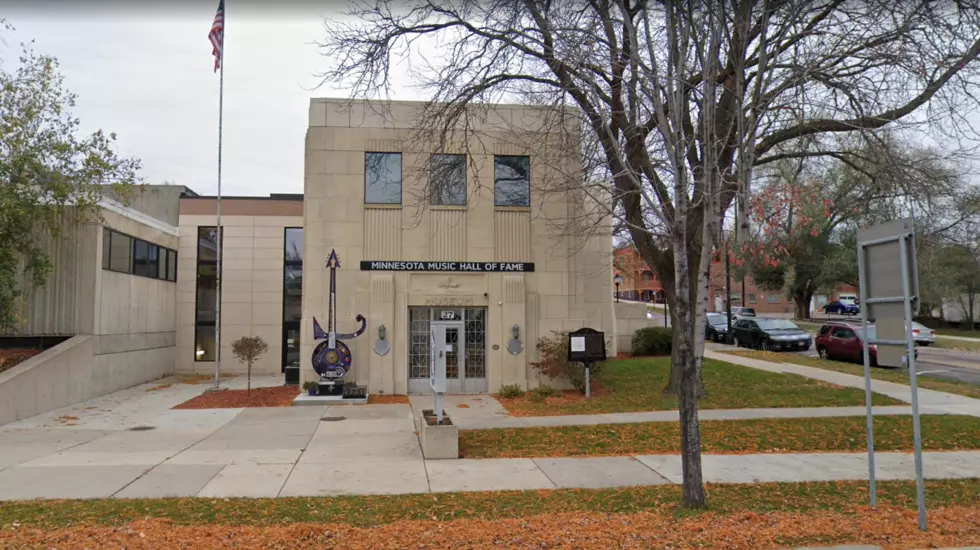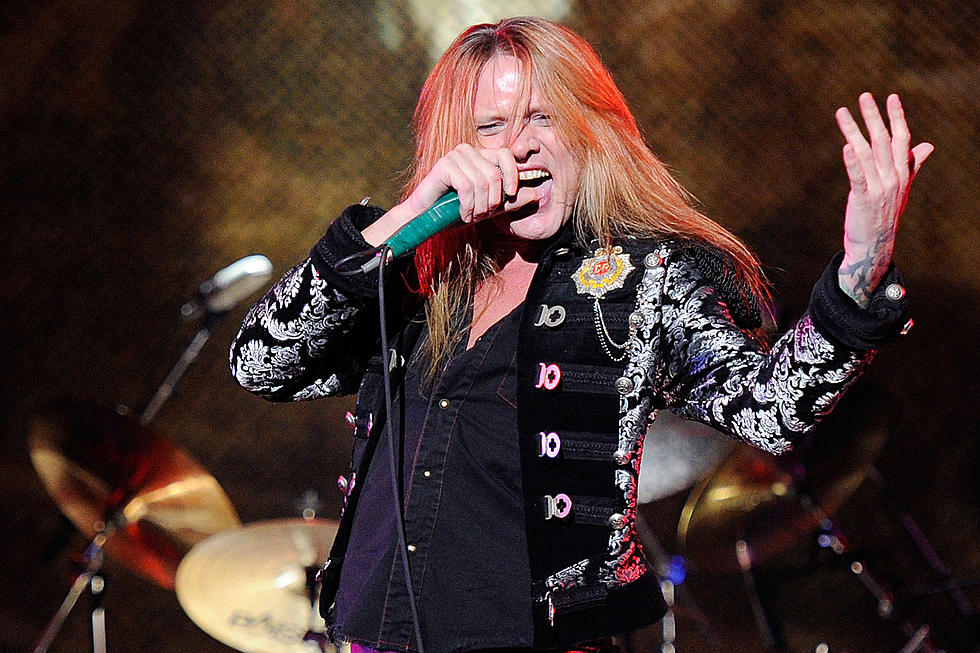
When Robert Plant Got Horny and Loud on ‘Manic Nirvana’
After reincorporating his Led Zeppelin past into his solo career for the first time with 1988's Now and Zen, Robert Plant really turned the "Hammer of the Gods" loose on his fifth studio album, 1990's perfectly titled Manic Nirvana.
While Now and Zen found Plant using Zeppelin samples and even inviting former bandmate Jimmy Page to play guitar on two hit singles, that record's clean, precise and keyboard-heavy sound was connected to his former band's approach primarily by its adventurous spirit rather than its sonics.
But breaking out classics such as "Misty Mountain Hop" and "Trampled Under Foot" for the first time on the arena tour that followed Now and Zen's multi-platinum success apparently rekindled the old fires. Manic Nirvana finds Plant (and his excellent, guitar-heavy young band) acting hungrier, faster, louder, hornier and cockier than he'd been since his former band's early days.
Heavy, catchy riffs are stacked like cordwood on tracks such as lead single "Hurting Kind (I've Got My Eyes on You)," the nostalgic Woodstock anthem "Tie Dye on the Highway" and the alternatingly hypnotic and pulverizing "Nirvana." "I'm more at home with the whole style of the [Led Zeppelin] thing," Plant explained in a 1990 interview.
"So I've revisited some of the areas vocally that I used to live in before, using high screams and stuff like that. It's totally inappropriate to use them just for the hell of it," Plant added. "You can only use the high register and that long wail thing if you've got a piece of music that demands it, or asks for it. And these songs are definitely in that area."
For the creatively restless Plant, Manic Nirvana was no carbon copy of past triumphs. He was openly annoyed by the legions of Zeppelin imitators dominating the charts at the time, declaring, "I can't stand what I hear. ... It would be awful to slip into that mold that comes churning out."
Watch Robert Plant's 'Hurting Kind' Video
He attacked these pretenders on two fronts: First, by reminding everybody that it was he who pioneered the rock-star lifestyle they were trying to act out in "Big Love" ("I slept in a motel / I slept in the same room as Jimmy Page / They just finished remodeling it from the '75 tour"). But more importantly, he also demonstrated how crucial it was to keep the spirit and wit of rock's golden age alive while also continuing to explore new territory.
Nowhere was this vitality more evident than on Nirvana's stunning hip-hop, rock and doo-wop-blending cover of the early '60s hit "Your Ma Said You Cried in Your Sleep Last Night."
Amid the clatter and fury of tracks such as "She Said" and the dramatic, percussive album-closing "Watching You," there were some tranquil interludes to be found. The lush "I Cried" and "Anniversary" successfully updated the Now and Zen sound, while the spare, gorgeous "Liar's Dance" found Plant accompanied only by some very impressive acoustic guitar.
As it turns out, those quiet moments foreshadowed Plant's next big left turn. After wrapping up the Manic Nirvana world tour in early 1991, the now-firmly established solo star took his first extended break in years. When he returned with 1993's Fate of Nations, the bluster and jocularity of Nirvana had been replaced by more delicate arrangements and instrumentation as well as somber, reflective lyrics about personal loss and political strife.
Over the next two decades, Plant's music got more and more serious and sophisticated. He changed collaborative partners with nearly every album, teaming up with Alison Krauss, his old pal Page and solo bands the Band of Joy and Sensational Space Shifters to explore an ever-shifting mix of folk, bluegrass and world music.
That led to critically acclaimed efforts like Mighty ReArranger, Raising Sand and Lullaby and ... The Ceaseless Roar. They are all great, innovative and rewarding albums. But for what it's worth, none is as fun as Manic Nirvana.
Robert Plant Albums Ranked
Why Led Zeppelin Won’t Reunite Again
More From KYBB-FM / B102.7










